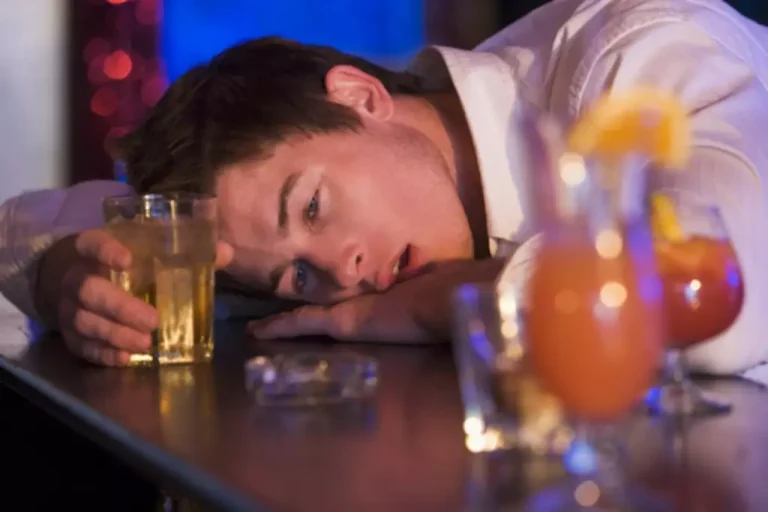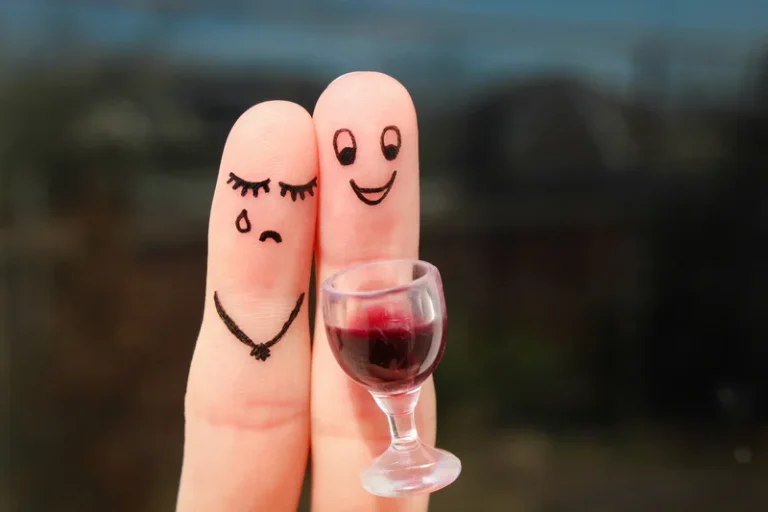
The idea that altered forms of consciousness such as mania or alcohol can enhance creativity is a popular belief. Researchers found that psychological dependence on alcohol participants who had a few drinks were better and faster at creative problem solving than their sober counterparts. The reason may be that alcohol tamps down working memory and therefore sparks people to think outside the box.

Psychological Causes of Alcoholism: Unraveling the Complex Web of Addiction
- It is important for each individual to consider the pros and cons of drinking and to decide whether cutting down (harm reduction) or quitting altogether (abstinence) is necessary.
- It may shift from stimulant to sedative in line with whether blood alcohol content is rising or falling.
- The syndrome was also considered to exist in degrees of severity rather than as a categorical absolute.
In the Western world, about 15% of people have problems with alcoholism at some point in time. About half of people with alcoholism will develop withdrawal symptoms upon reducing their use, with 4% developing severe symptoms. Benzodiazepines are effective for the management of symptoms as well as the prevention of seizures. Certain vitamins are also an important part of the management of alcohol withdrawal syndrome. In those with lesser symptoms, treatment at home may be possible with daily visits with a health care provider. Three oral medications—disulfiram (Antabuse), naltrexone (Depade, ReVia), and acamprosate (Campral)—are currently approved to treat alcohol dependence.
Can it lead to withdrawal?

For those seeking help, centres like Madison Recovery Center offer comprehensive treatment programmes that address both the physical and psychological facets of alcohol dependence. It’s essential to be aware of these risks, as they underscore the critical nature of moderation or, when necessary, complete abstinence. The separate notions of physical dependence and psychological dependence are artificial and represent a myth regarding addictive behaviors.
How Much Time Does It Take to Overcome Alcohol Addiction?
- When consumed, alcohol acts as a central nervous system depressant, slowing down brain activity and altering neurotransmitter function.
- It was argued that not all elements may be present in every case, but the picture is sufficiently regular and coherent to permit clinical recognition.
- This approach aims to determine the internal motivation for your alcohol use to help change your drinking habits.
- If you are worried about your alcohol use, take our alcohol test to find out what type of drinker you are.
Medications such as disulfiram, acamprosate, and naltrexone can help people maintain sobriety by blocking the rewarding effects of alcohol or causing unpleasant side effects when alcohol is consumed. MAT is used in league with counseling and therapy to provide a comprehensive treatment approach. Meta-analysis and Translation of the Habit Construct to Alcoholism” by Giannone et al. 2024 published in Nature, examines the interplay between habitual and goal-directed behaviors in alcohol use disorder (AUD). It challenges the strict habit-goal dichotomy, showing that these systems interact more subtly. Through a meta-analysis of animal studies and a review of human research, the authors spotlight how chronic alcohol exposure alters decision-making, prompting compulsive behavior.
They can share tips and strategies that have worked for them and those that have not. Alcohol use disorder (AUD) affects many in the United States, with over 14 million adults — people ages 18 or older — living with the condition, according to the National Institute of Health. Navigating substance use that interferes with your day-to-day can be difficult, and a multipronged approach may lead to the best results. A good first step is to keep a record of how much alcohol you drink and of when you don’t drink throughout the week. Alcohol can make you more likely to be depressed, and being depressed can make you more likely to drink alcohol.
Why is professional treatment necessary for alcohol addiction?
- As you drink more, you become intoxicated and unsteady, and you might do or say things you normally won’t.
- Common co-occurring conditions include depression, anxiety, bipolar disorder, and PTSD.
- Understanding these immediate effects is crucial for recognising how alcohol consumption can escalate from casual use to dependency.
- As the brain adapts to alcohol, the balance of these neurotransmitters becomes commuted, making it harder for an individual to function without alcohol.
Doing this in advance will allow time for both people to process the discussion and set clear expectations. Some people prefer to try cutting back or quitting on their own before committing time and money to rehab. And there are a few approaches that can identify and combat drinking at an early stage.
While short-term https://ecosoberhouse.com/ effects are noticeable during or immediately after drinking, long-term alcohol use can lead to persistent behavioral changes and significant disruptions in one’s daily life. These changes are often the result of chronic exposure to alcohol, which alters brain structure and function over time. Medication-assisted treatment (MAT) involves using medications to help individuals reduce alcohol cravings and prevent relapse.

Indiana Medical Detox Center
Avoiding alcoholic dementia necessitates maintaining a balanced diet, staying hydrated, and seeking timely medical care. Adopting preventive measures mitigates the long-term cognitive effects of alcohol abuse. The psychological factors that make alcohol addictive are reducing drug addiction treatment stress, managing anxiety and depression, escaping emotions, reinforcing habits, and regulating trauma. These factors involve emotional and mental health issues that drive individuals to use alcohol as a coping mechanism. As time unfolds, alcohol use becomes a way to manage these issues, creating a cycle of addiction that is difficult to break.

Leave a Reply